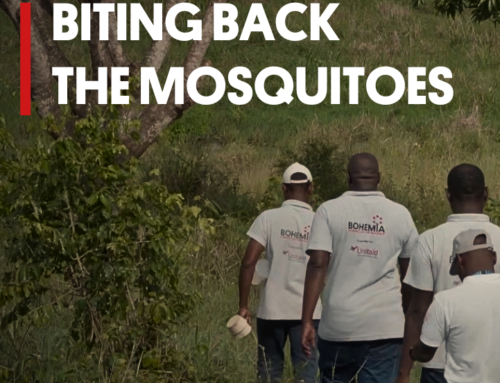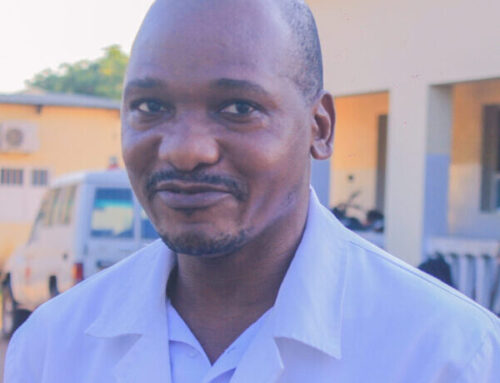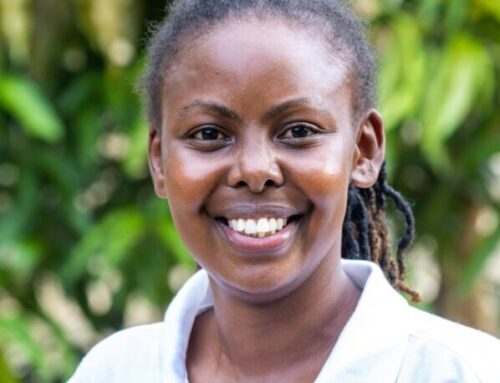Interview with Truphena Nafula, Research Officer, BOHEMIA
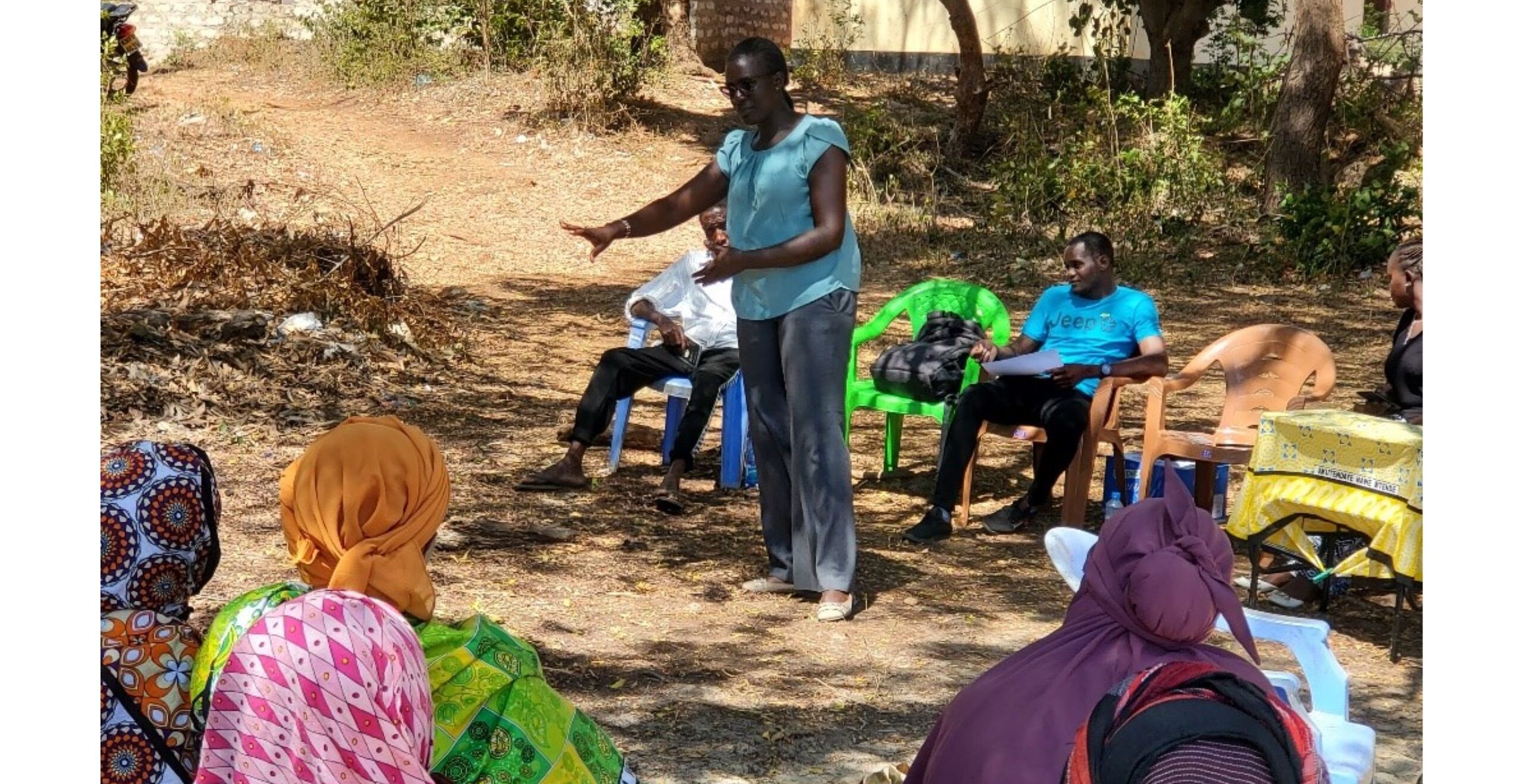
As a child, what did you want to be when you grew up? Were you already attracted to the field of health?
I always wanted to be a medical doctor and throughout my school education, my focus was always on subjects that would lead me to a career in science. However, life had other plans for me. I didn’t meet the cut-off points to receive a government sponsorship to study science at the university. Studying medicine on self-sponsorship in Kenya is very expensive and my parents could not afford to pay for me since I had other siblings still in school. Therefore, I ended up studying business in my undergraduate program. I was never fulfilled during this time, so when I came across a job advertisement for field workers to collect data for a malaria project, I immediately signed up and thus began my journey in global health research.
Back then, I did not know that one could build a career in this field as a social scientist. But now I can confidently say that I have found my calling. My work primarily focuses on qualitative studies on health systems, ethics, and policies.
Did you ever contract malaria? Do you remember the experience?
I was born and raised in the lake basin region of Kenya, where malaria is endemic. Growing up, I suffered from malaria countless times. I remember a time when mosquito nets weren’t available, and we would spend the whole night being feasted on by mosquitoes. As a result, I would contract malaria at least once every two months. The situation was worsened by the fact that many people didn’t know how to keep mosquitoes away. Most homes had stagnant water, which I later learned was a breeding ground for mosquitoes.
I remember a time when mosquito nets weren’t available, and we would spend the whole night being feasted on by mosquitoes.
Suffering from malaria was a devastating experience. The symptoms, such as fatigue, nausea, chills, joint pains, headaches, and loss of appetite, were unbearable. Despite contracting the same disease repeatedly, the symptoms would vary, but the most common ones were high fever and chills. I would miss school for several days due to weakness, and the treatment would take two to three days before the symptoms subsided.
How did you find out about the BOHEMIA project? What attracted you to this position of ‘Research Officer’?
I found out about the BOHEMIA project on the KEMRI-Wellcome Trust portal when I saw the call for a research officer. The job description seemed to match my skills and work experience and so I applied.
It is exciting to be part of a malaria project testing new interventions in Kenya. Prior to this, I was also part of a study evaluating a new malaria vaccine that had been introduced in three African countries.
What does a day in your job look like?
As part of a multidisciplinary project with team members based in various locations, my day typically starts with checking my inbox. When I’m in the office, my main focus is on tasks such as developing research implementation plans for my work package with the social science lead to refine data collection tools, and writing reports based on field activities.
When I’m out in the field, I provide support for coordinating research and data collection activities, including helping the assistant research officers with data collection and community entry. I also engage with local stakeholders at the community, sub-county, and county levels, and attend various meetings with stakeholders and other members of the BOHEMIA project team.
How has your team worked to build trust with the community for this malaria project?
The social science work package collects data through rapid ethnography and this involves living in the villages with the community members. We are developing community trust by involving and engaging community members from all levels. This involves health promoters, administrators, religious leaders, women’s groups, and youth groups among others. We invite them for meetings and explain to them what the project is about and provide a space for questions and doubts to be cleared. These meetings give us the opportunity to address some of the misunderstandings that people have about malaria, the trial medicine, or the project. Having the social science team live in the trial villages with the community has helped build trust.
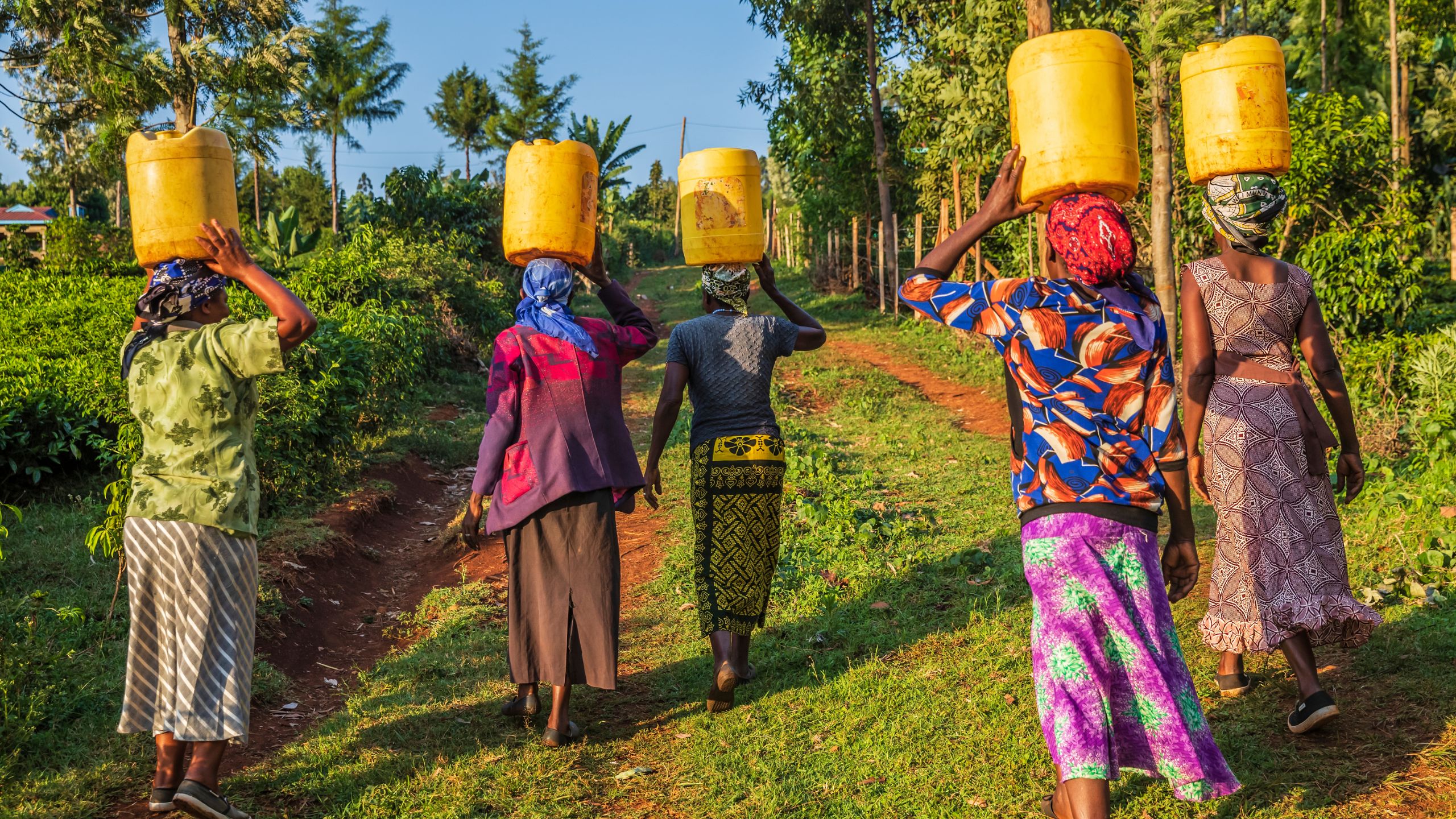
What is needed to overcome malaria and how does BOHEMIA fit in?
Knowledge, understanding, and involvement of the community members are key in overcoming malaria. People need to know and understand how malaria is transmitted, how it can be prevented, and how it can be managed in case one contracts it. There needs to be a continuous awareness campaign reinforcing the messages and encouraging the community members to actively stop its spread.
Little actions like preventing stagnant water, covering open pits and reducing bushes close to people’s homes can prevent mosquitoes from breeding.
BOHEMIA is enabling the community to actively participate in malaria control by taking ivermectin, a drug known to be lethal for mosquitoes. The social science team is keen on understanding the experiences, perceptions, and opinions of the community members on this new strategy. This will help the project to develop a community-driven MDA and an engagement strategy that is embraced by the community members.


